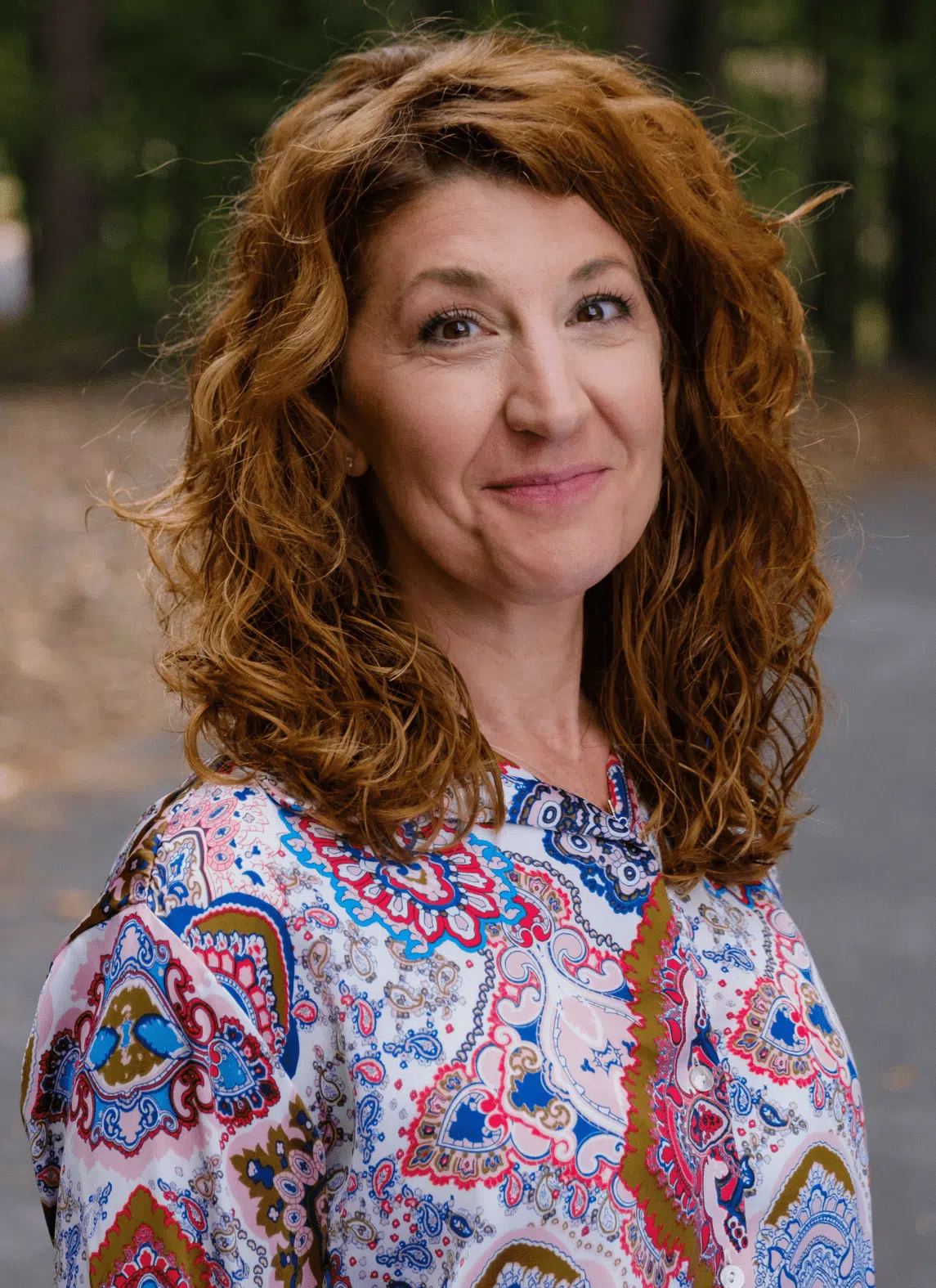At our Drug and Alcohol Rehab near Carrollton, Georgia, we believe that recovery is possible for everyone, regardless of how long someone has struggled with addiction or how many times they may have tried to quit before.
Our team of addiction specialists, medical professionals, and licensed therapists work collaboratively to create individualized treatment plans that address each client’s unique needs, challenges, and goals.
This comprehensive guide will walk you through the addiction treatment resources available to Carrollton residents, helping you understand your options and take confident steps toward a healthier, substance-free future.
Learn more about our Georgia detox programs. Call us now at 470-613-7881 or verify your insurance now.
Peachtree Detox is a premier provider of addiction treatment services and detox programs in Georgia. If you or someone you love is in need of professional care, reach out to us now.
At Peachtree Detox, we provide Carrollton residents access to various addiction treatment services, from initial medical intervention through long-term recovery support. While some specialized services may require travel to larger metropolitan areas, the foundation of quality care is available locally and regionally to meet diverse treatment needs.
Our medically supervised detox program provides continuous medical monitoring and evidence-based medication protocols to minimize withdrawal discomfort.
Residential treatment provides intensive, round-the-clock care in a structured therapeutic environment removed from the people, places, and situations that trigger substance use.
Our specialized drug treatment programs address the unique challenges associated with different categories of substances and individual patterns of use.
Our alcohol rehab programs combine medical management of alcohol withdrawal with therapies addressing psychological dependence, social pressures, family dynamics, and lifestyle factors that contribute to drinking.
Many individuals struggling with substance abuse also have co-occurring mental health conditions such as depression, anxiety disorders, PTSD, bipolar disorder, ADHD, or personality disorders.
Aftercare components include regular outpatient counseling, intensive outpatient programs for continued structure, active participation in support groups and peer networks, and transitional sober living arrangements when needed.
Carrollton, nestled in Carroll County as both a university town and regional hub for West Georgia, faces substance abuse challenges that reflect its unique blend of college community, rural heritage, and small-city dynamics. The presence of the University of West Georgia brings both educational opportunities and college-related drinking and drug use patterns, while the broader community deals with prescription drug misuse, alcohol dependency, and recreational drug use across all demographics.
The area’s substance abuse patterns include prescription opioid misuse among adults managing chronic pain or recovering from injuries, alcohol abuse ranging from college binge drinking to long-term dependency among working adults and retirees, methamphetamine and cocaine use, particularly in rural areas, and increasing concerns about synthetic drugs and prescription drug diversion. The college environment also contributes to patterns of binge drinking and experimentation with various substances among young adults.
Carrollton’s tight-knit community atmosphere, while providing many benefits, can sometimes create additional barriers to seeking addiction treatment due to concerns about privacy, reputation, or judgment from others. This stigma can cause individuals to delay getting help, allowing addiction to progress and become more severe before treatment begins.
Understanding that addiction is a legitimate medical condition requiring professional treatment—not a character defect or lack of willpower—is crucial for overcoming these barriers. The brain changes caused by chronic substance use make recovery extremely challenging without appropriate medical and therapeutic intervention, regardless of an individual’s intelligence, moral character, or determination.
Our treatment philosophy at Peachtree Detox centers on providing evidence-based, individualized care that addresses the unique needs of each client. We recognize that addiction is a complex disease that affects every aspect of a person’s life, and our comprehensive approach reflects this understanding.
Comprehensive psychiatric evaluation and ongoing psychiatric care form essential foundations of effective addiction treatment. Psychiatrists specializing in addiction medicine conduct thorough assessments to identify underlying mental health conditions that may contribute to substance abuse, complicate the recovery process, or require simultaneous treatment.
They prescribe and carefully monitor medications for safely managing withdrawal symptoms, reducing cravings and preventing relapse, treating co-occurring psychiatric disorders like depression or anxiety, and supporting overall mental health stability throughout treatment and recovery.
Holistic therapy recognizes that true recovery involves healing and growth on multiple interconnected levels—physical, emotional, mental, social, and spiritual—rather than simply stopping substance use. These complementary and alternative therapies may include mindfulness meditation and stress reduction techniques.
Holistic approaches help reduce stress and anxiety while building resilience, improve overall physical health and wellness, develop healthy recreational interests and meaningful hobbies, provide alternative methods for emotional regulation and self-expression, and help individuals find renewed sense of purpose and meaning in life beyond substance use.
Medication-Assisted Treatment represents the current gold standard approach for treating certain substance use disorders, particularly opioid and alcohol addictions, combining FDA-approved medications with comprehensive counseling and behavioral therapies. For opioid dependency, medications like buprenorphine, methadone, and naltrexone significantly reduce cravings and withdrawal symptoms while blocking euphoric effects and preventing potentially fatal overdose.
Addiction profoundly impacts entire family systems, often creating destructive cycles of codependency, enabling behaviors, broken trust, poor communication, financial stress, and emotional trauma that can persist for years.
Family therapy helps identify and change these unhealthy patterns while educating family members about addiction as a chronic medical condition requiring ongoing management and family support. Therapy sessions may include spouses, children, parents, siblings, and other significant family members, focusing on improving communication skills and conflict resolution, establishing healthy boundaries and expectations, addressing family trauma and dysfunction, developing strategies for supporting recovery without enabling, and creating home environments that actively promote rather than undermine long-term sobriety and family healing.
Research consistently shows that the vast majority of individuals with substance use disorders have experienced various forms of trauma, including childhood physical, sexual, or emotional abuse, domestic violence, combat exposure, sexual assault, serious accidents, natural disasters, or other life-threatening events. Trauma-informed therapies such as EMDR, trauma-focused cognitive behavioral therapy, somatic experiencing, narrative therapy, and other specialized approaches help individuals safely process traumatic experiences and develop healthy coping mechanisms that don’t involve substance use.
CBT represents one of the most extensively researched and consistently effective therapeutic approaches for treating addiction and preventing relapse. This structured, goal-oriented therapy helps individuals systematically identify and change negative thought patterns, cognitive distortions, and behavioral habits that contribute to substance use and increase relapse risk. Through CBT, clients learn practical, actionable skills for recognizing and managing triggers and cravings, developing effective coping strategies for stress and difficult emotions, identifying and avoiding or managing high-risk situations and relationships, challenging and replacing negative self-talk and limiting beliefs, and implementing concrete behavioral changes that support long-term sobriety and personal growth.
DBT teaches four core skill sets that are particularly valuable for individuals who struggle with intense emotions, impulsive behaviors, and difficult interpersonal relationships—issues that commonly contribute to substance abuse and relapse: mindfulness and present-moment awareness, distress tolerance for managing crisis situations without making them worse, emotion regulation for understanding and managing intense feelings more effectively, and interpersonal effectiveness for building healthy relationships and communicating needs clearly. These skills help people learn to tolerate emotional distress and difficult life circumstances without automatically turning to substances for relief, manage intense emotions more effectively without becoming overwhelmed or engaging in destructive behaviors, build satisfying, healthy relationships that support recovery goals rather than creating additional stress or relapse risk, and develop a stronger sense of self-worth and personal identity that doesn’t depend on substance use.
Carrollton and Carroll County offer various resources supporting recovery and ongoing sobriety maintenance throughout the local community.
Numerous Alcoholics Anonymous and Narcotics Anonymous groups meet regularly throughout the area, providing crucial peer support, shared experience, accountability, and the fellowship that many find essential for maintaining long-term recovery.
The Carroll County Health Department provides valuable information about local treatment options, public health services, and community resources specifically relevant to individuals and families affected by addiction.
Tanner Medical Center and other local healthcare providers can offer ongoing medical care, monitor recovery progress and overall health, and provide referrals to specialized addiction treatment services and mental health professionals.
The University of West Georgia offers educational opportunities and campus resources that may be helpful for individuals rebuilding their lives in recovery.
Don’t allow fear, shame, pride, financial concerns, or uncertainty to prevent you from reaching out for the professional help and support you need and absolutely deserve.
Recovery is not only possible but happening every day for people from all backgrounds, right here in Carrollton and throughout Carroll County and West Georgia.
Recovery is possible, and it starts with making the decision to seek help. Call us now at 470-613-7881 or verify your insurance now.

CEO

Clinical Director

Medical Director & Addiction Specialist
The length of addiction treatment varies based on numerous individual factors including the severity and duration of addiction, specific substances involved, presence of co-occurring mental health conditions, previous treatment history and outcomes, available social support systems, personal motivation and readiness for change, and various practical circumstances.
Initial medical detox typically requires 3-10 days, while residential treatment programs commonly range from 30-90 days, with some extended residential programs lasting six months or longer for individuals with severe, chronic addictions or multiple treatment failures.
Carrollton is located approximately 60-75 minutes from Peachtree Detox in the Atlanta metropolitan area, depending on traffic conditions and specific starting and ending locations. While this represents a slightly longer travel distance than some other communities, it still makes specialized detoxification services reasonably accessible to Carrollton residents while allowing family members to remain involved and supportive during the critical early stages of treatment.